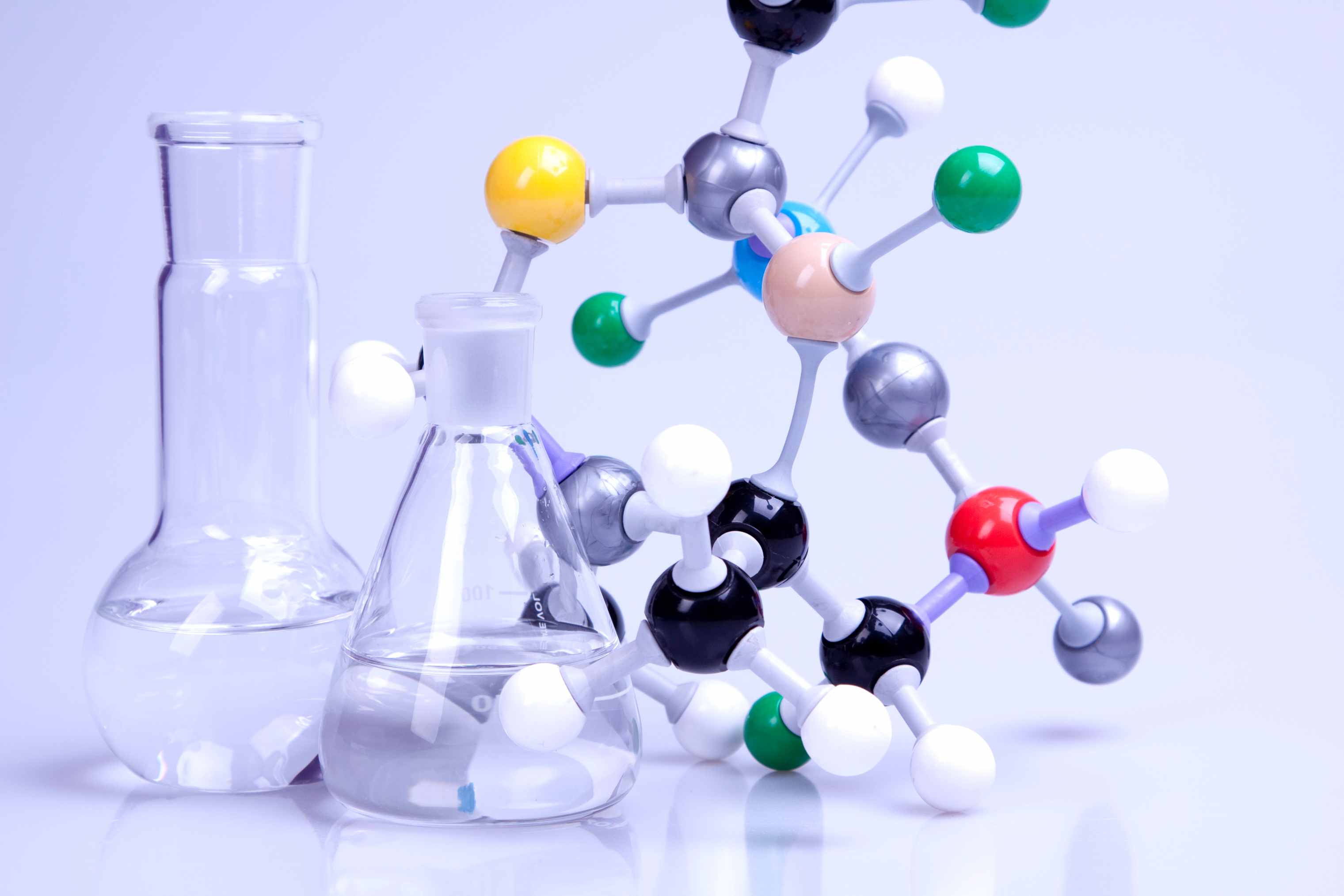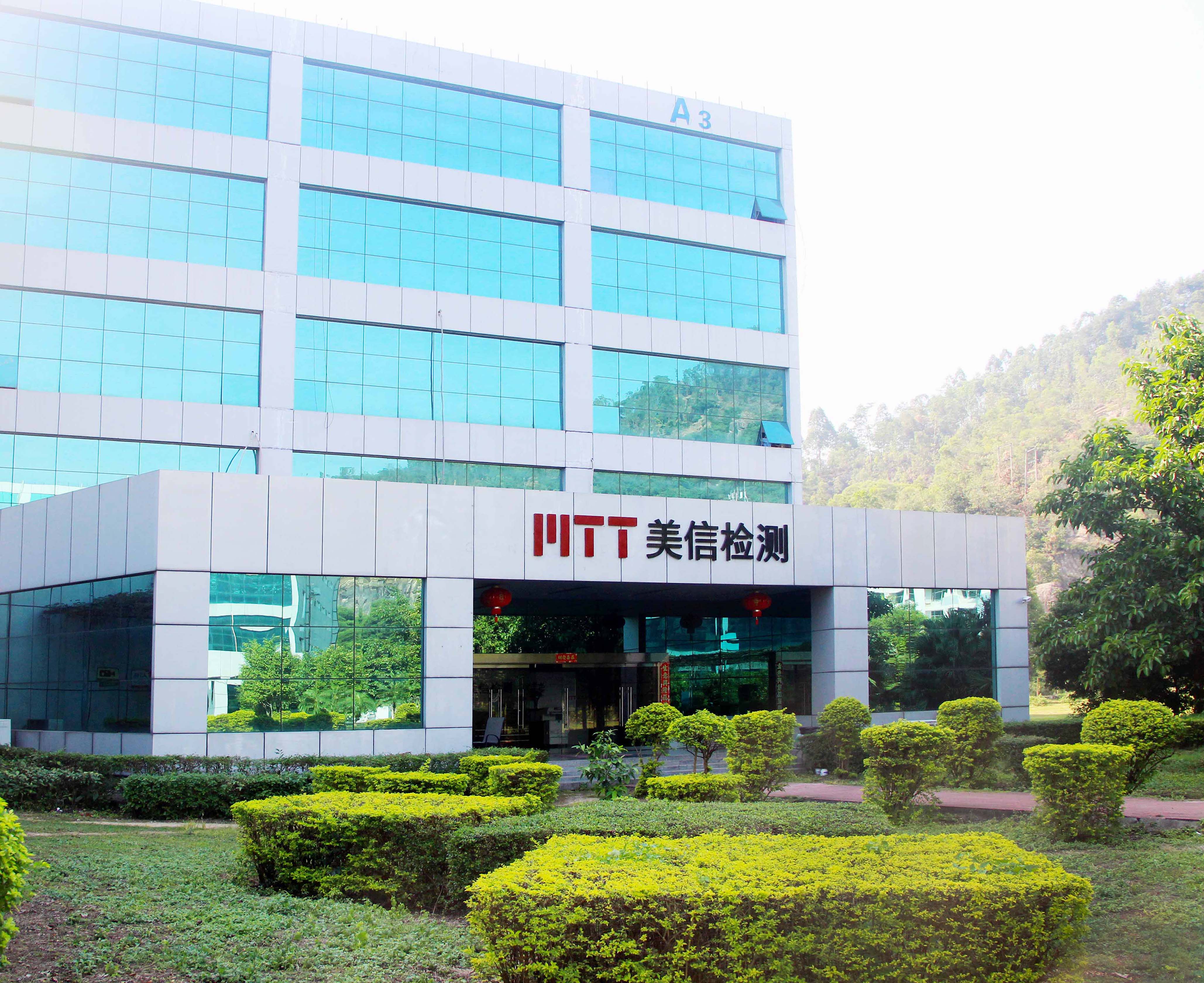




























MTT, with its professional technical team and rich testing experience, can provide you with a comprehensive TSCA testing solution to help you easily meet the challenges of TSCA regulations and ensure product safety and compliance.

| What is the TSCA Regulation?
TSCA (Toxic Substances Control Act) is an important regulation in the United States for managing industrial chemicals. It was enacted by the US Congress in 1976 and came into effect in 1977. This regulation is enforced by the US Environmental Protection Agency (EPA), aiming to comprehensively evaluate the impacts of chemical substances on the environment, economy, and society, and prevent “unreasonable risks” to human health and the environment. On June 7, 2016, the US Senate passed the Lautenberg Act (H.R.2576), which made significant reforms to TSCA, strengthening the management and supervision of chemicals, especially the control of new chemical substances and existing chemical substances.
| Product Scope Controlled by TSCA
The TSCA regulation mainly manages industrial chemical substances. Eight categories of chemical substances, namely tobacco products, nuclear materials, military supplies, food, food additives, pharmaceuticals, cosmetics, pesticides, and agricultural chemicals, are managed by specific regulations due to the particularity of their uses. For example, food, food additives, pharmaceuticals, and cosmetics are uniformly managed by the US Federal Food, Drug, and Cosmetic Act (FDA).
| TSCA Inventory
The TSCA Inventory is a dynamic list that includes approximately 85,000 or more chemical substances, which is divided into a public part and a confidential part. Substances listed in the TSCA Inventory are existing chemical substances, while those not listed are new chemical substances.
| Management of Existing Chemical Substances
The TSCA regulations prescribe four compliance obligations for the management of existing chemical substances: First, importers are required to make a self-declaration on whether the chemicals they intend to import comply with the regulatory requirements of TSCA; second, importers need to make an exemption declaration for specific products; third, before production, import, processing, or use, they must submit a significant new use notice (SNUN) to the EPA 90 days in advance; fourth, producers or importers should report their annual activity volume, activity locations, exposure information, etc. to the EPA every four years.
| Management of New Chemical Substances
Normally, new chemical substances need to submit a complete pre-manufacture notice (PMN) to the EPA 90 days before commercial production or import, unless it is an exemption declaration. After submitting a complete pre-manufacture notice and passing the review, the substance will be added to the TSCA inventory and become an existing chemical substance.
| Requirements of TSCA for Hazardous Chemical Substances
The EPA issued five final rules on January 6, 2021, to reduce exposure to certain persistent, bioaccumulative, and toxic (PBT) chemicals. Currently, the specific control requirements for the five PBT substances are as follows:
|
物质 Substances |
限值 Limit |
适用范围 Application Scope |
用途 Intended Use |
|
十溴二苯醚 DecaBDE Decabromodiphenyl ether DecaBDE |
0.1% |
非金属材料 Non-metallic Materials |
十溴二苯醚是一种广泛使用的阻燃剂,主要用于胶粘剂、塑料、聚氨酯泡沫和纺织品 Decabromodiphenyl ether is a widely used flame retardant, mainly used in adhesives, plastics, polyurethane foams, and textiles |
|
异丙基化磷酸三苯酯(3:1) Isopropylated triphenyl phosphate (3:1) PIP (3:1) |
0.1% |
非金属材料 Non-metallic Materials |
在液压油、润滑油、润滑剂和油脂、各种工业涂料、粘合剂、密封剂和塑料制品中用作增塑剂、阻燃剂、抗磨添加剂或抗压缩添加剂 Used as a plasticizer, flame retardant, anti-wear additive or anti-compression additive in hydraulic oils, lubricating oils, lubricants and greases, various industrial coatings, adhesives, sealants and plastic products |
|
六氯丁二烯 HCBD Hexachlorobutadiene HCBD |
禁止含有 Prohibited to contain |
非金属材料 Non-metallic Materials |
主要用于合成橡胶、清洗剂、热载体和热交换剂 Mainly used in synthetic rubber, cleaning agents, heat carriers and heat exchangers |
|
2,4,6-三叔丁基苯酚2,4,6-TTBP 2,4,6-Tri-tert-butylphenol 2,4,6-TTBP |
0.3% |
液体、机油和润滑油 Liquids, engine oils and lubricating oils |
2,4,6-三叔丁基苯酚是一种重要的抗氧化剂,广泛应用于橡胶和塑料工业。 2,4,6-Tri-tert-butylphenol is an important antioxidant widely used in the rubber and plastics industries. |
|
五氯苯硫酚 PCTP Pentachlorothiophenol PCTP |
1% |
非金属材料 Non-metallic Materials |
主要用于合成橡胶、天然橡胶等 Mainly used in synthetic rubber, natural rubber, etc. |
| Obligations of Enterprises
Enterprises need to comprehensively understand the requirements of the TSCA regulations, and clarify the regulatory details, restrictions, and reporting requirements for new chemical substances and existing chemical substances. If a product contains new chemical substances, the enterprise must submit a Pre-Manufacture Notice (PMN) to the US Environmental Protection Agency (EPA) 90 days in advance. If the annual export volume of existing chemical substances exceeds 25,000 pounds (approximately 11.3 tons), the enterprise needs to remind the importer to submit a Chemical Data Report (CDR). When goods exported to the US enter customs, the enterprise must provide a TSCA compliance or exemption statement. Enterprises also need to pay special attention to the control rules issued by the EPA for perfluoroalkyl sulfonic acids (PFAS) and five PBT substances. At the same time, enterprises need to cooperate with the EPA's compliance monitoring, actively conduct self-disclosures, promptly correct violations, and continuously monitor regulatory updates and flexibly adjust compliance strategies to ensure that products can smoothly enter the US market.
| MTT Suggestions
In the United States, TSCA enforcement inspections have become normalized. Enterprises that violate the regulations will face penalties such as product recalls, delisting, and fines. In serious cases, enterprise leaders may face fines or imprisonment. Enterprises should promptly investigate the content of the five hazardous substances in their products to ensure compliance with the requirements of the five final rules. It is recommended to closely monitor the latest developments of the EPA regarding TSCA and promptly adjust production and compliance strategies.
MTT, with its professional technical team and rich testing experience, can provide you with a comprehensive TSCA testing solution to help you easily meet the challenges of TSCA regulations and ensure product safety and compliance.